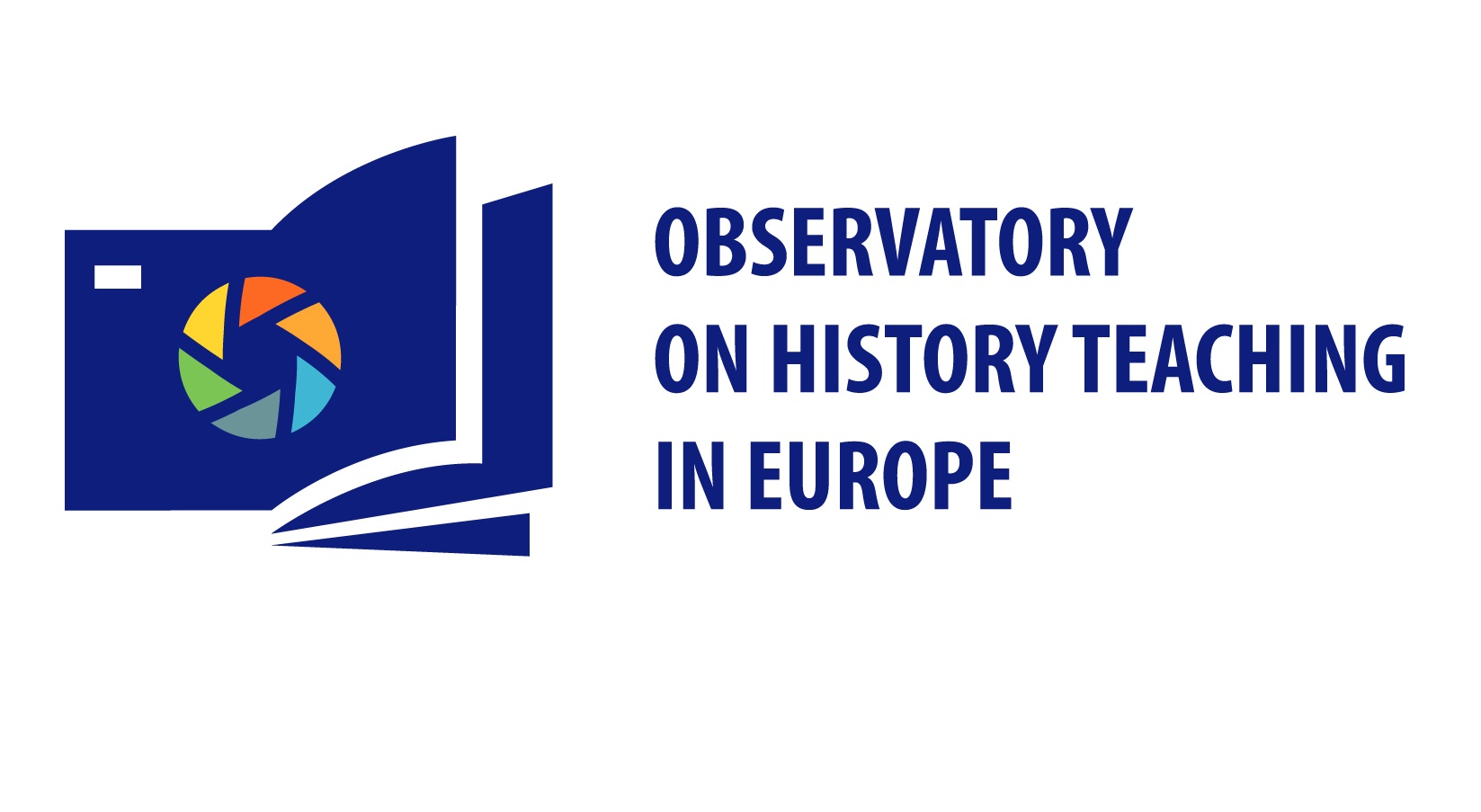Member states
The Observatory on History Teaching in Europe has 19 member states and 1 observer state – as illustrated on the map below. Accession to the Enlarged Partial Agreement is possible for all members of the European Cultural Convention – either as full members or as observers.
JOINING OHTE
What are the benefits?
Among the advantages, member states can:
Participate in the meetings of the OHTE Governing Board and therefore:
- influence the agenda, decide on the programme of activities
- elect and be elected to the Bureau (including positions of Chair and Vice-chairs)
- exchange views with representatives of other member states and experts in (joint) meetings of the Governing Board and Scientific Advisory Council
- influence/define the selection of the themes for the thematic reports
- gain a rigorous and factual understanding and insight into how history is being taught in the country
- obtain an accurate basis for national-level debates on policies related to history teaching
Attend and participate in OHTE events, such as:
- OHTE Annual Conferences
- Various European encounters, seminars training sessions, and workshops dedicated to the exchange of methods and practices in history education, such as the HISTOLAB events
- European Innovation Days in History Education (CoE/EU joint event)
Participate in the preparation of OHTE reports and other publications, featuring:
- transnational comparisons (e.g. on teaching pandemics and natural disasters, teaching of European history, teaching about economic crises, history of the human rights, etc.)
- data base of innovative practices on history teaching
- promotion of national practices in the framework of European and international exchanges
Benefit from targeted assistance activities:
- access to fellowships for young researchers in history
- access to partnerships within projects and activities provided by OHTE and HISTOLAB
Benefit from reports and data:
- historians and researchers from member states have direct access to data for use in developing research activities and projects or in supporting educational authorities, teachers and students
- journalists and civil society organisations from member states can benefit from OHTE support in fact-checking efforts aimed at countering manipulation of history or disinformation online, using data collected for the reports.
How to become a member?
- Any state that is a member of the Council of Europe or a Contracting Party to the European Cultural Convention may join the Enlarged Partial Agreement (EPA) by notification addressed to the Secretary General of the Council of Europe. This notification should mention the date of membership.
- Sample letter (membership)
- Any state that is not a member of the Council of Europe may join the Observatory by notifying the Secretary General of the Council of Europe. The request is subject to approval by the Committee of Ministers, acting in its restricted composition (limited to representatives of EPA member states), which must decide unanimously to accept the membership request.
What does membership involve?
- Payment of an annual financial contribution:
Member states are required to pay an annual financial contribution to the Enlarged Partial Agreement (see the following section for more details). - Appointment of a representative to the OHTE Governing Board:
Member states must appoint one representative to the OHTE Governing Board and cover their participation costs for meetings (generally one or two per year). The designated representative should hold a position of responsibility within the public authority responsible for history teaching and possess the following desirable qualifications: a good knowledge and understanding of history education policies and practices. Member states may also appoint a substitute member. - Support for data collection:
Member states should remain available and provide support for data collection within relevant departments or ministries to facilitate the preparation of OHTE general and thematic reports.
What is the annual budgetary contribution?
- The annual contribution of member states to the OHTE budget is calculated according to the system of contributions of states in the budget of the Council of Europe (see Resolution (94)31). This calculation takes into account the population, the GNP per capita and the definition of a minimum floor rate applied to the smallest contributors and a maximum ceiling rate applied to the biggest contributors.
- If membership begins in the middle rather than the beginning of the year, this amount is calculated on a prorata basis in proportion to actual duration of membership for that year.
Want to start with observer status?
- As stated in the OHTE Statute “Member States of the Council of Europe, other Parties to the European Cultural Convention not joining the EPA, as well as other States granted an invitation mentioned in Article 2.2, may request the status of observer with the EPA for a maximum period of one year, without any financial contribution. Decisions in such matters shall be made by the Governing Board of the Observatory. In the event of unforeseeable exceptional circumstances, the Governing Board may decide to modify the duration of observer status.”
- Any interested state wishing to obtain observer status with the OHTE may submit a request to either the Secretary General of the Council of Europe or the Chair of the OHTE Governing Board. Observer status is granted upon confirmation by the Governing Board.
- Sample letter (observer status)
 Montenegro
Montenegro
 North Macedonia
North Macedonia
 Portugal
Portugal
 Republic of Moldova (Observer)
Republic of Moldova (Observer)
 Serbia
Serbia
 Slovak Republic
Slovak Republic
 Slovenia
Slovenia
 Spain
Spain
 Türkiye
Türkiye
 Ukraine
Ukraine



